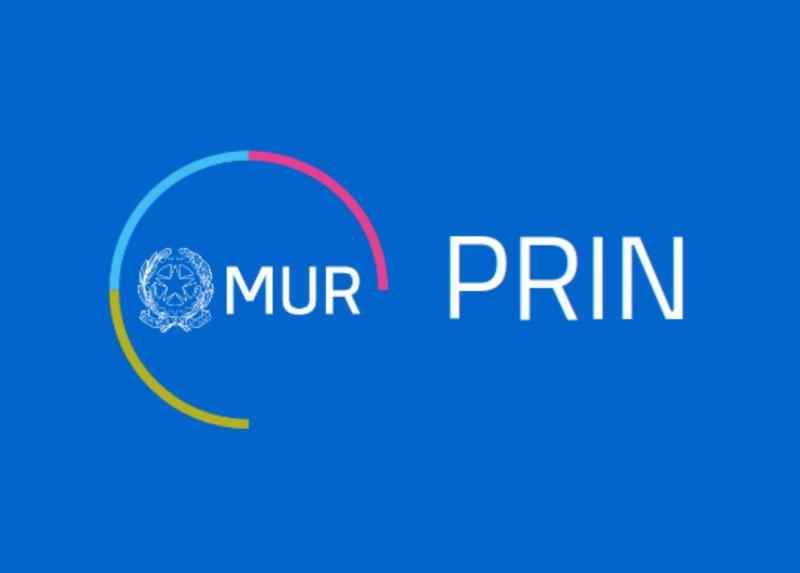
Toward an Intelligent Pyro-Electrohydrodynamic micro-Rheometer (TIPER)
Duration: 24 months
Starting Date: October 2023
Funding: 266,693 €
The ambitious objective of the project is to develop a conceptually novel micro-rheometer for rapid and automatic characterization of biological fluids supported by a Machine/Deep Learning (ML/DL) approach. Rheological characterization of liquid properties usually requires tens of milliliters of sample, thus being unsuitable for rare or precious materials as those involved in biological studies. The quest for miniaturized, embedded, and reliable tools to characterize such properties is underway since at least a decade. The intelligent micro-rheometer we intend to develop will be based on various innovative tools, for the first time applied in the field of rheology: a new ElectroHydroDynamic (EHD) technology based on PyroElectric Effect (PE) in ferroelectric substrate able to probe the liquid through electric fields in non-contact mode; a double optical module combining computer vision operating in 2D with a digital holographic system for full 3D tracking of dynamic behaviors of liquids under the action of the EHD pressure; an intelligent strategy based on neural networks able to learn morphology and dynamic evolution of the liquids, and thus to classify/characterize them in terms of their rheological parameters.
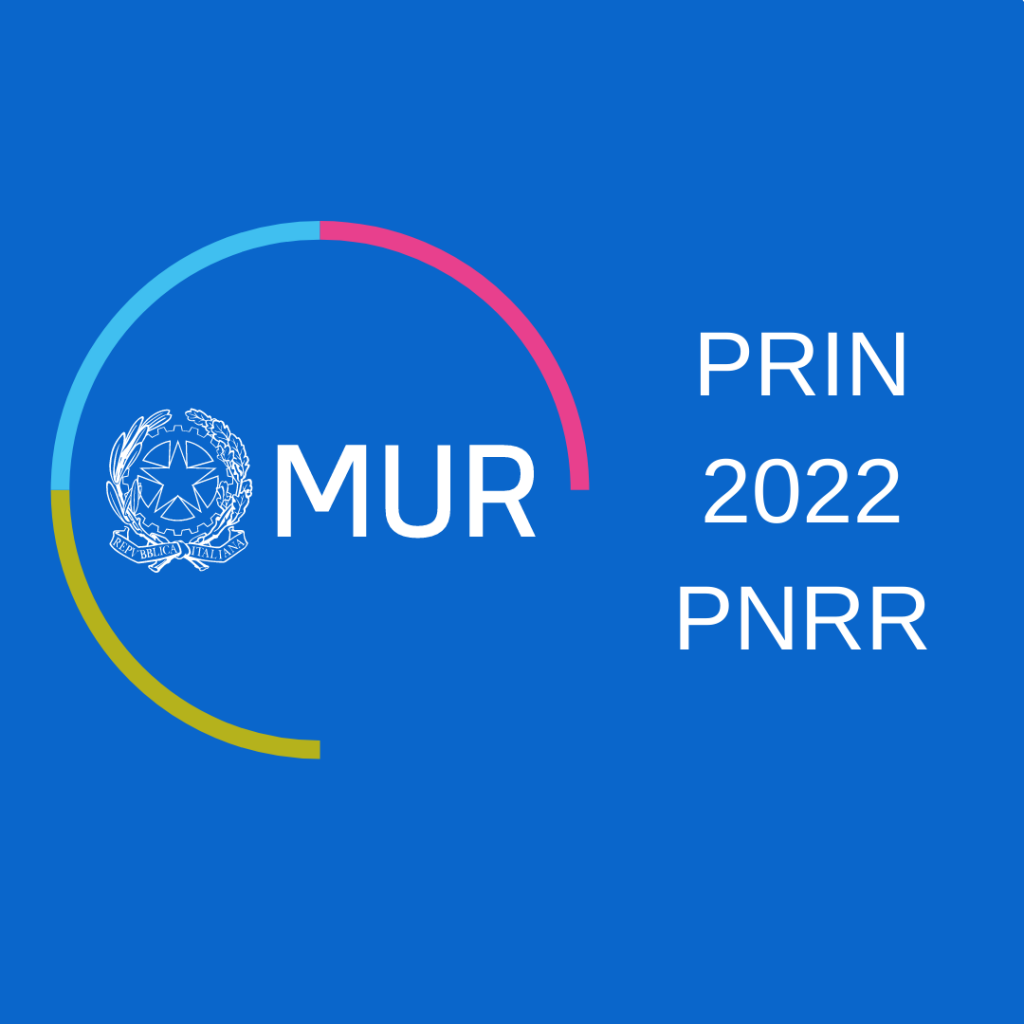
microFluidic platfOrm fOr The toMographic phAse micRoscopy of phytoplanKton assemblageS (FOOTMARKS)
Duration: 24 months
Starting Date: November 2023
Funding: 242,963 €
Phytoplankton have a fundamental ecological role, accounting for about one half of the Earth’s primary productivity and influencing the biogeochemical cycle of many elements, such as carbon, nitrogen, and phosphorus. Anthropic activities might have a deep impact on the health of phytoplankton assemblages, both in terms of population numerosity (e.g., population uncontrolled growth as an effect of eutrophication) and cell morphology (e.g., morphological modifications induced by heavy-metal poisoning), and, consequently, on aquatic ecosystems. Hence, phytoplankton assemblages can be considered as natural biosensors for pollution and climate change effects. However, the wide dimensional and morphological diversity of phytoplankton in natural waters and the intrinsic difficulties of species identification make their assessment particularly demanding. In addition, since phytoplankton cell-level identification is expensive and time-consuming, monitoring routines need for tools that fast quantify assemblages at ecologically relevant scales and perform their rapid and automated microscopic analysis. The FOOTMARKS project aims at the design, development, and implementation of a microfluidic platform for the 3D morphological characterization of phytoplankton cells by complementing the innovative in-flow holographic tomography (FHT) imaging technique with a properly designed microfluidic device ensuring high-throughput controlled flow-induced cell rotation.

Sustainable bio-inspired hierarchical WirEs and structurEs with Tuneable electrical properties (SWEET)
Duration: 24 months
Starting Date: November 2023
Funding: 234,000 €
Mimicking nature, the project SWEET aims to design cellular polymers with tuneable electrical properties using a new disruptive 3D printing technology powered by numerical modelling, and design devices based on them. The ambition is to control the properties of bio-inspired hierarchical materials by: (i) tech-innovation: new revolutionizing 3D printing technology to create bioinspired cellular hierarchies by tuneable ordering of voids with fluid dynamics, without drawbacks in cost and time; (ii) digital-innovation: validated modelling to discover the relation between geometrical parameters of printed cellular materials and their electric properties; (iii) sustainable-innovation: sustainable microwires and structures with tuneable electrical properties, seen as core components of electrical devices. SWEET is a cooperation project involving the University of Naples Federico II (UNINA) and the University of Pisa (UNIPI), which will collaborate to reach the general objective of the proposal: the realization of an innovative polymer-based hierarchical material, with a tailored control of the conductive filler spatial distribution.

design and production of Engineered Inhalable PArticles to counteract LUNG mucus barrier to drug effectiveness (EIP4LUNG)
Duration: 24 months
Starting Date: November 2023
Funding: 225,000 €
Website
The project aims at developing, producing and characterizing engineered inhalable particles able to overcome the mucous barrier and target bacteria that generally colonize lungs in cystic fibrosis patients. Cystic fibrosis is the most common life-threatening inheritable disease in the Caucasian population. The lungs of patients affected by this disease are generally susceptible to colonization by Pseudomonas aeruginosa, which forms a biofilm that opposes immune system clearance and drug control. An effective strategy would therefore demand for an engineered particle system capable of both counteracting the mucus barrier and fighting target bacteria. In this project we propose to produce engineered particles using a spray drier equipped with a triple-fluid nozzle. This nozzle configuration will help to control the distribution of the sprayed components, placing the active ingredients in the envelope and/or in the core of the particle, as required by the peculiar mechanism of action. Ad-hoc thermodynamic and fluid-dynamic models of the process are implemented and validated. The produced particles are characterized in terms of yield, drug content, morphology, density and aerodynamic properties. Both in-vitro and ex-vivo direct measurements of dissolution and permeation are conducted to validate the proposed boost effects.

next-generation multiscale MOdelling of Dense EMulsions for enhanced multiphase flow processes (MODEM)
Duration: 24 months
Starting Date: October 2023
Funding: 296,816 €
We aim at providing a novel framework for the study of dense liquid-liquid emulsions. Dense emulsions are at the crossroads between academic research and practical applications (e.g., polymer production, crude oil recovery/transportation, liquid-liquid extraction processes) and their modeling poses major challenges. To advance current knowledge and build the proposed framework, we will combine sophisticated computational methods with state-of-the-art experimental techniques (PIV, electrical resistance tomography, laser diffraction analysis), blending technology-driven objectives with original research developments.

Computationally aided Opto-mechano-fluidic pLatform for Label-free intelligent tumor microEnvironment Cell sorTing (COLLECT)
Duration: 24 months
Starting Date: October 2023
Funding: 233,738 €
Accurate and high-throughput cell sorting is the key technology in molecular and cellular biology, biotechnology, and medicine for applications that require the study of cell population heterogeneity. Although conventional methods, based on chemical labels, can provide high-efficiency sorting, these approaches require laborious and expensive sample preparation. The recent advancements in microfluidic technology are allowing to develop many software and hardware solutions for the analysis and sorting of single cells without the need of exogenous markers. This permits to minimize the sample preparation time, also avoiding possible external “contamination”. The project COLLECT aims to design and implement a label-free opto-mechano-fluidic platform for cell separation via computational-intelligence-aided image-activated morphology/deformability-based real-time bio-particle sorting by integrating two complementary facilities, namely, a label-free imaging module for bio-particle mechano-sensing and a microfluidic device for intelligent cell sorting activated by real-time machine-learning-assisted imaging analysis.
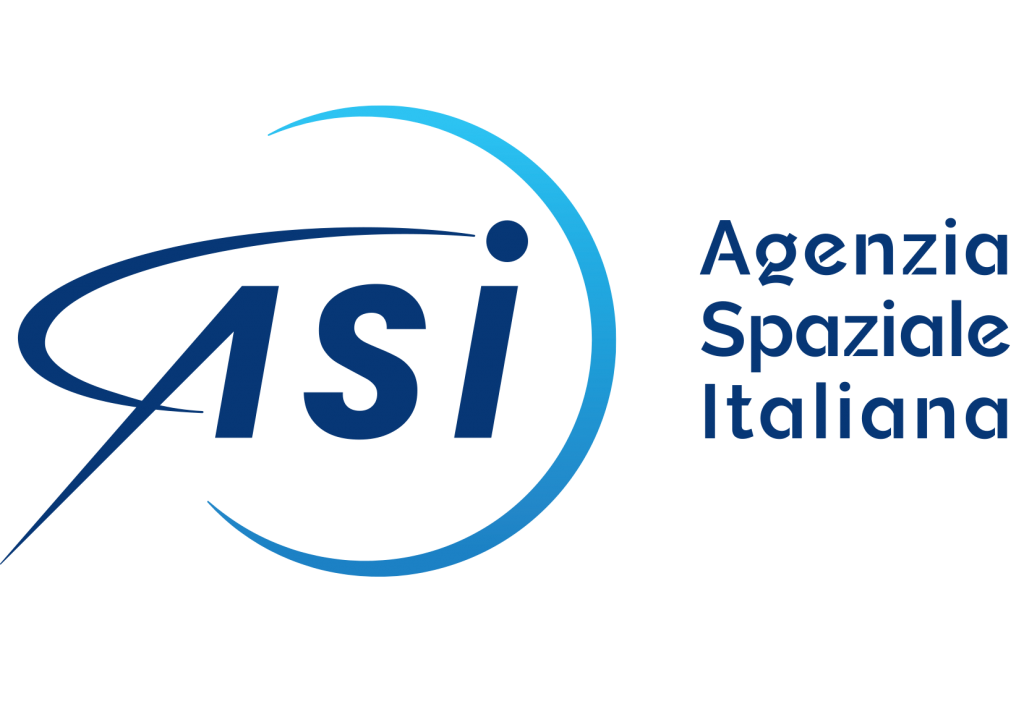
Innovative Technologies Related to Health in Space
Duration: 48 Months
Starting Date: September 2021
Funding: 1,8000,000€
Establishment of an interdisciplinary research group with innovative skills and a strong propensity for collaboration between different disciplinary sectors, of interest for space and with strong potential for repercussions in the terrestrial environment and vice versa. The group will be involved in the development of technological innovation in the Space and Health sectors toward enabling technologies of the Lab on Chip type, of low weight and size, compatible with space missions and long-term explorations (Artemis program) . The technologies covered by the agreement may be implemented in order to ensure that the people involved can carry out a self-sufficient monitoring of their health conditions.
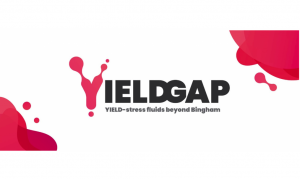
YIELD-stress fluids beyond Bingham – closing the GAP in modelling real-world yield-stress materials (YIELDGAP)
Duration: 48 months
Starting Date: January 2021
Funding: 3,204,390.24 €
Website: https://yieldgap-itn.com
Industries based on yield-stress fluids are rapidly expanding in Europe, including key traditional sectors and key emerging technologies. The poor understanding of yield-stress fluid rheology and linking of the measured parameters to the yield properties and insufficient models, means that applications are designed without the understanding of even the basic flow properties, which introduces uncertainties and errors; there is a serious shortage of research trained professionals who combine expertise on complex fluid research, technology and industrial needs. In conjunction with ESR the largest network in Europe in rheology, this ITN will: develop a European multi-disciplinary, intersectoral educational research framework for Europe, to comprehensively train 12 early stage researchers (ESRs) to PhD level; provide the research evidence to show how modern measurement and modelling methods may improve the cost- and resource-efficiency of industrial processes; provide the European workforce with a much needed new generation of excellent research trained professionals. The scientific objectives of YIELDGAP covered by the 4 research workpackages are to: establish advanced and highly improved numerical modelling tools of complex fluids including additives; validate models by lab and field measurements; integrate measured fluid properties with model parameters; build and disseminate best practices for industry and academia.
This Project has received funding from the European Union’s Horizon 2020 research and innovation programme under the Marie Skłodowska-Curie grant agreement No 955605

MORphological biomarkers For Early diagnosis in Oncology (MORFEO)
Duration: 36 months
Starting Date: June 2019
Funding: 744,207.00 €
The detection of circulating tumor cells(CTCs)in liquid biopsy allow the real-time monitoring of disease progression and have significant implications in personalized therapeutic treatment of cancers.CTCs detection is a significant challenge due to their rarity and to lack of suitable surface markers because of tumor heterogeneity both in adult and pediatric tumors. The main objective of the “MORphological biomarkers For Early diagnosis in Oncology”MORFEO project is the development of innovative diagnostic tool based on morphological bio-markers for detection of circulating tumor cells(CTCs),by exploiting a novel label-free and all-optical approach at lab on chip scale [Light:Sci.Appl.6,e16241,2017;Lab Chip,18,126-131,2018]. The research activity will be focused on the research for designing, development and realization of a challenging microfluidic platform combined with a label-free optical imaging based on phase-contrast tomography for full quantitative measurements on the 3D shape at single cell level while cells flow inside the microfluidic channels. Efforts will be put in achieving possibility to combine tomography with high-throughput single cell analysis in order to validate the system for detecting CTC in blood samples of ovarian cancer(OC)and neuroectodermal tumors(NET).

An inter-disciplinary high-throughput approach to olefin block copolymers
Duration: 36 months
Starting Date: July 2018
Funding: 672,500.00 €
Progress in polyolefins has always been the outcome of multi-disciplinary efforts; most success stories are characterized by fine control on all individual elements in the chain-of-knowledge, from catalysis to end-use properties. With growing complexity, though, the field calls for (more) holistic approaches with a higher throughput. Olefin Block Copolymers (OBCs) produced by ‘chain shuttling’ are an exemplary case; understanding these materials, which are innovating the LLDPE market, is virtually impossible without considering polymer chemistry and physics together. In this project, the intricate and still poorly defined OBC structure-properties relationships will be unraveled by means of an inter-disciplinary high-throughput approach with disambiguation loops encompassing adjacent elements of the chain-of-knowledge; this also includes an important tool implementation part. The proposed method can become a paradigm in future investigations of novel materials from complex catalytic routes.
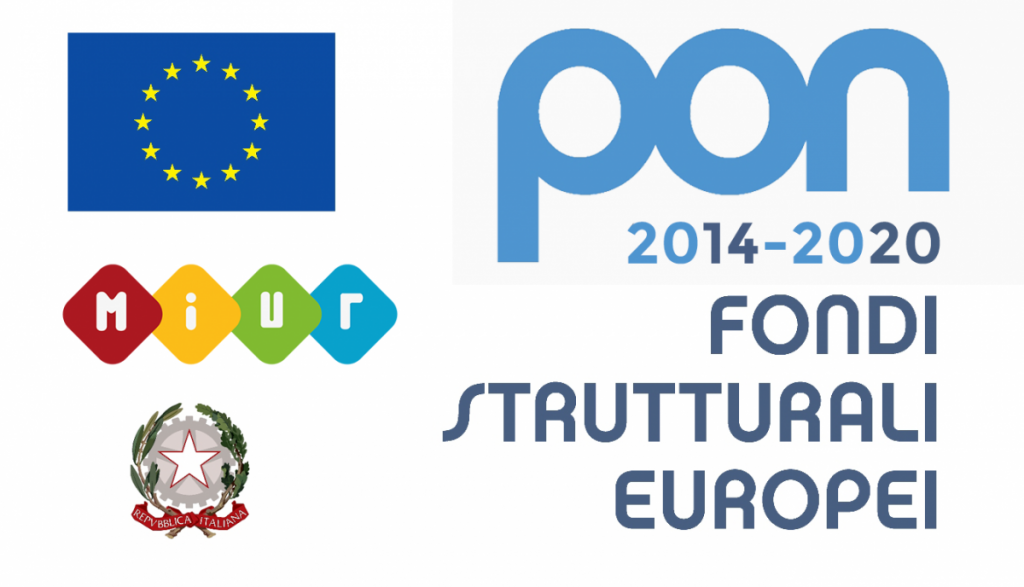
micro-mechanical and robotic tools for the diagnosis and therapy of PROState CANcer (PROSCAN)
Duration: 30 months
Starting Date: April 2018
Funding: 8,754,244 €
Prostate cancer (PCa) is the most frequent malignancy in men, with a worldwide incidence of 60-99 new cases/100,000/year. In Italy, PCa represents 18% of male cancers and accounts for 8% of mortality. The overall aim of this project is to design and develop new medical devices that can improve our ability to diagnose and cure PCa.
First, we want to generate a high precision robotic device for prostate cancer biopsy, based on the implementation of a robotic arm that will allow targeted bioptic sampling based on the information gained from magnetic resonance and ultrasound images. Second, we want to develop an advanced prototype for the treatment of PCa, which will exploit the selective effects of micro-mechanical vibration stress (MVS) on tumor cells, thus killing them while sparing neighbour healthy cells. The new knowledge gained through the development of this project is entirely original. Indeed, the robotic instrumentation for the prostate-guided needle biopsy, that will incorporate the ultrasonic probe and the needle for the biopsy, is conceived as a system capable of self-learning through the storage and processing of maps derived from prostatic imaging.
The prototype equipment for the treatment of prostate cancer with MVS will allow us to accurately calibrate ultrasounds and the micro-vibrations to selectively damage neoplastic cells. These results will probably be the first to be produced on the international scenario with this approach and aim to provide the proof of principle that the equipment is able to work on the tumor mass.
This will be the necessary premise for subsequent clinical testing. We expect that such an approach may prove useful to solve the problem of treating the large number of cases of PCa that, when framed at the time of diagnosis as low-grade, currently do not undergo any treatment to avoid their side effects. Based on the prevalence of the disease, the expected results are predicted to have a great impact in human health and to reduce public health expenditure.
Moreover, the two instrumentations we want to develop could have an important impact in commercial and occupational terms. Industrial partners involved in this project could open new lines of activity devoted to the production of the robotic arm, MSV apparatus and dedicated softwares.

VIrtual Materials MarketPlace
Duration: 48 months
Starting Date: January 2018
Funding: 9,458,651.25 €
Website: https://vimmp.eu
A H2020 project that provides an easily accessible, user-friendly hub to access all tangible and intangible components, such as information, knowledge, services and tools to support the efficient decision making, uptake and effective use of materials modelling by a wide range of manufacturing end-users, thereby facilitating an accelerated speed of development and market deployment of new materials.
